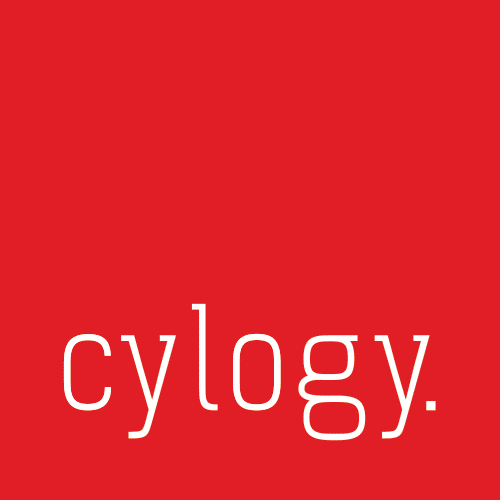During a project we sometimes get asked by clients if accessibility is important. The simple answer is ‘yes’; accessibility is very important, but not just for the reasons that people think. Yes, risk and compliance are critical considerations, but accessibility also makes sense from a business perspective too. Let’s explore seven reasons why accessibility is essential for your digital project.
1. It reduces the risk of legal action
The Americans with Disabilities Act (ADA) means that websites need to be accessible. While there are different interpretations of the “small print”, in an increasingly litigious world if you are not accessible you risk legal action; some large companies have been taken to court and have lost. There are also various other regulations that impact particular sectors such as government agencies and the airline industry. Basically, you are at risk of being sued if your website is not accessible.
2. It makes commercial sense
According to the Centers for Disease Control and Prevention (CDC), 26% of the US adult population have some form of disability, including physical and cognitive disabilities. This means 1 in 4 of your website visitors may benefit from a more accessible website. With such a large percentage of users, an inaccessible website is likely to negatively impact visits, conversions, buying behavior and so on, and in turn impact brand awareness, product sales and more. Having an accessible website therefore makes strong commercial sense; nobody wants to upset a quarter of their potential visitors.
3. It supports Diversity & Inclusion
It’s likely that your organization supports Diversity & Inclusion (D&I) and operates various policies. An inaccessible website effectively undermines and contradicts any D&I policy your organization has in place as it is not supporting people with disabilities. This may come to the attention of either current employees with disabilities or potential recruits who apply for new positions via your website.
4. It is good for your brand and reputation
Having an inaccessible website presents a risk to your brand and reputation, particularly if you are subject to legal action. Conversely, a fully accessible website can be good for your reputation, for example demonstrating a commitment to organizational values, as well as ethical approaches.
5. It helps improve usability
Accessibility is not just about following the letter of the law relating to the WCAG 2.1 guidelines, it can also mean making your content easy to read, for example. Many of the measures you might introduce to improve accessibility will also benefit visitors without disabilities and are good for general usability. For example, adding subtitles to a video can be useful for anyone watching a video in a noisy place; making a PDF document more accessible usually means it’s easier to read for everybody. Making a website more accessible makes it more usable.
6. It is important during the pandemic
The pandemic has led to a massive scaling-up of everything digital. People who didn’t rely on websites and digital channels previously may now be dependent on digital channels for the first time. In order to support everybody during the pandemic, making your website accessible will help people with disabilities access information and services they now may need. It might seem like something relatively modest, but an accessible website does make a difference, and even more so in the current challenging times.
7. It’s the right thing to do
From a moral and ethical standpoint, providing a more accessible website is the right thing to do. Everyone should have the opportunity to access your website or app.
Make your digital solutions accessible
Always make sure that your digital solutions, channels apps and websites are accessible. It’s important not only from a compliance and risk viewpoint, but also from a usability, commercial and ethical standpoint as well. If you’d like to speak to us about improving accessibility on your website, app or solution then get in touch.




